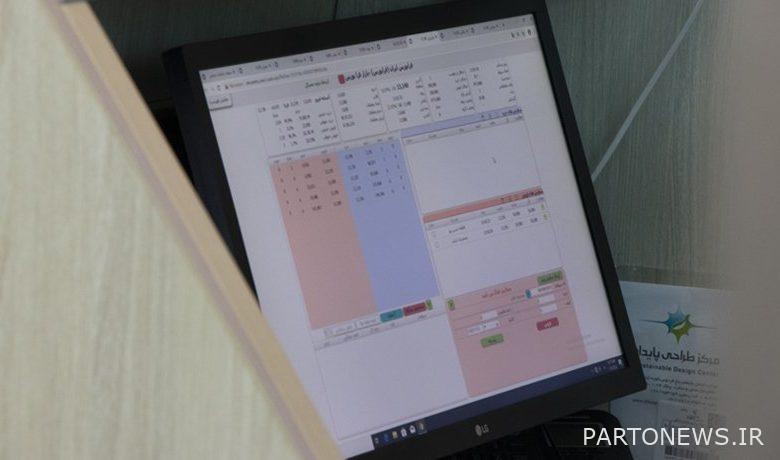Will the stock market rise? – Trade News

According to Tejarat News, this week, the total stock index fell by 0.6 percent to the range of one million and 454 thousand units.
Contrary to the overall index, the equities index ended the week positive and experienced a growth of 1.4 percent. The OTC index also grew by 0.92 percent to the level of 20,038 units.
Last week we saw the withdrawal of one thousand billion tomans of real money from the market. So that on Saturday 328 billion Tomans left, 118 billion Tomans entered on Sunday, 159 billion Tomans left on Monday, 950 billion Tomans left on Tuesday and 309 billion Tomans on Wednesday received real money.
What is the problem of the stock market?
Javad Fallahian, a capital market expert, told Tejarat News about the stock market situation next week: “It seems that next week we will have a relatively positive market.” News of the export companies’ tolls created a negative atmosphere in the market on Tuesday, although the effect of this directive was less than to make the market so negative. Fortunately, the market returned on Wednesday and trades were positive.
He continues: In some periods of last year, the value of low transactions was recorded in the market. But now the value of transactions has reached the range of six thousand billion tomans and can be considered a positive sign for the market.
This capital market expert emphasizes the need to increase transactions: if at the current stage, the value of transactions remains in the current range. The market is expected to take a neutral trend and not have an upward trend. The growth of the market in the medium term can be assured when the average value of trades increases daily compared to the previous day, albeit slightly. The most important factor that keeps the market up is the value of transactions.
“Market distrusts and depressions have decreased over the past few months, and we hope that this trend will continue and that the government will not introduce new and rhythmic risks into the market,” Fallahian said.

